Amidst the concrete jungle that Warsaw can so often appear to be, finding a community of wooden, Finnish houses close to the city centre come as a surprise to many, both locals and visitors. But that is exactly what Open Jazdów (Otwarty Jazdów in Polish) is.
Just a stone’s throw away from the Sejm (Poland’s parliament), the wooden houses were part of the reparations Finland was forced to provide to the former USSR following World War II. The Jazdów estate initially consisted of 90 houses, which were built for the employees of Warsaw Reconstruction Office (Biuro Odbudowy Stolicy, BOS), whose task was to prepare large-scale post-war reconstruction projects. Over the years the settlement has become smaller, with the land on which they sit being worth a great deal, and subsequently leased by foreign governments for use as embassies, or repurposed. However, while it has shrunk, part of the Jazdów estate remains, with a total of 27 houses, of which only seven are inhabited by locals, the remaining 20 being occupied by various NGO’s and organisations with one goal in mind, conservation.
Over the years the Jazdów settlement has faced numerous challenges, including the potential demolition of the entire site. In 2011, the authorities of Warsaw’s Śródmieście district decided to allocate the land to development for commercial and public use.
In 2012 a further four houses were demolished.
In 2013, residents and urban activists created an initiative called Open Jazdów, defending the historic housing estate. In the following months a series of social, cultural, educational and artistic events took place that showed the huge potential of the Jazdów Estate.
It was not until 2015 that the Warsaw city authorities recognised the binding results of public consultations regarding Jazdów, run by the Miastodwa Association for Culture, and signed a letter of intent with Open Jazdów.
The Jazdów estate offers a myriad of activities open to the public and has launched several initiatives on the land. One example is Solatorium, which offers people in the city an escape from the winter blues.
Walking into the Solatorium, you are not sure what to expect, the space is quite small and empty, except for the plants, light therapy lamps, a book shelf and a few chairs. Granted there is a pull-out table and additional chairs in storage for larger gatherings. I was fortunate to get a full feel of the space and spend a good hour or so talking to Michał Augustyn, the director of Solatorium, about what the place means to him and how the concept came about.
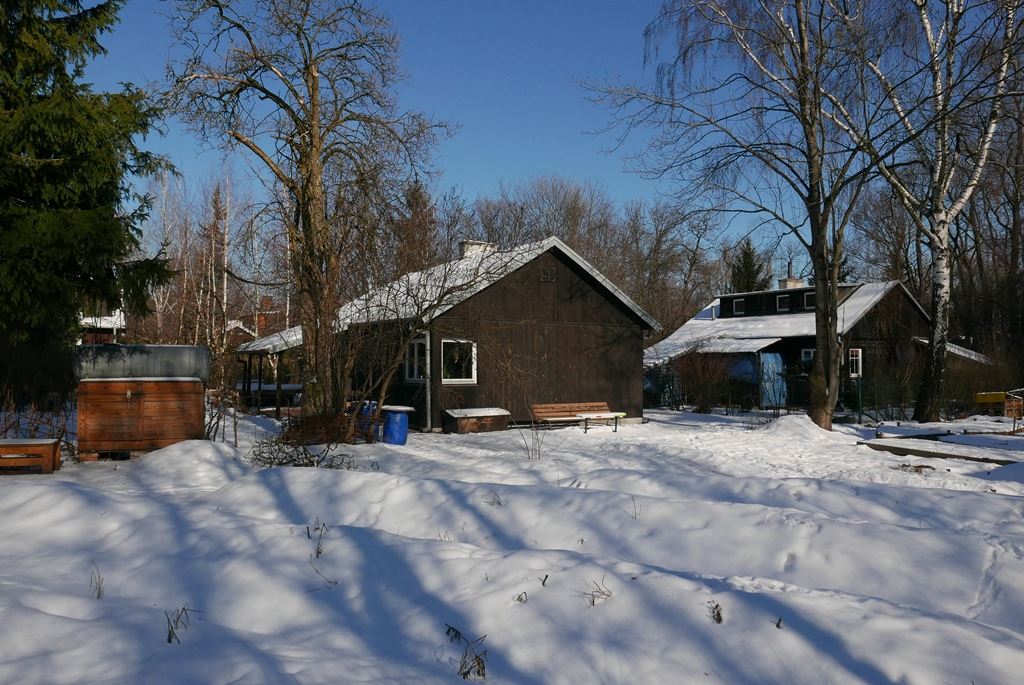
“Our concept is quite simple, we wanted to create a space that was cosy, relaxing and therapeutic. The idea came from my own struggles with feeling down during the dark winter months in Warsaw. So we created the Solatorium, equipped with tropical plants, white lights (that mimic daylight), aroma diffuser, and heaters. All these devices are here to create an illusion of summer during the dark winter time. You can come and do almost anything in the space,” explains Augustyn, who is also a board member of Pracownia Dóbr Wspólnych (The Commons Lab).
“We are not a commercial enterprise, the Solatorium and other organisations operating activities in Jazdów, survive through donations,” Augustyn adds.
The Solatorium and other initiatives and NGOs in Jazdów are able to organise events throughout the year with very little external funding.
One of the initiatives that Mr Auguystyn is involved in on the estate is Motyka i Słońce (Hoe and Sun) a vegetable and herb garden, created to bring the Polish village into the city, as well as the need to grow edible plants in the city and promote food self-sufficiency.
As Augustyn explains “the garden is open to everyone, all you have to do is accept the rules of the garden, pay a small premium for the season and come to the garden in your free time.” He goes on to add that: “Motyka i Słońce is part of Bujna Warszawa (Luxuriant Warsaw) network, where the aim is to have the inhabitants of Warsaw involved in urban greenery. Whether on their own or with the support of public institutions and civic organisations, Bujna Warszawa establish community gardens – places for growing vegetables and flowers, meetings and integration, filled with educational activities and cultural events”
As Augustyn puts it, while conservation is important, it is also very important for us as people to reconnect with nature.
“We believe that we as a people need to re-establish our connection with nature, and through the projects I’m involved in, this is possible. We educate and create activities to encourage people to take part in the development of green areas in Warsaw.”
While there is still an air of uncertainty as to how long the Jazdów estate will continue to stand, Augustyn is hopeful that through the various NGO’s, as the city is beginning to recognise the social value of this creative cultural space. It will continue to be offer citizens of Warsaw an escape from the hustle of city life, without having to leave the city.
You can find out about events taking place at Open Jazdów here.


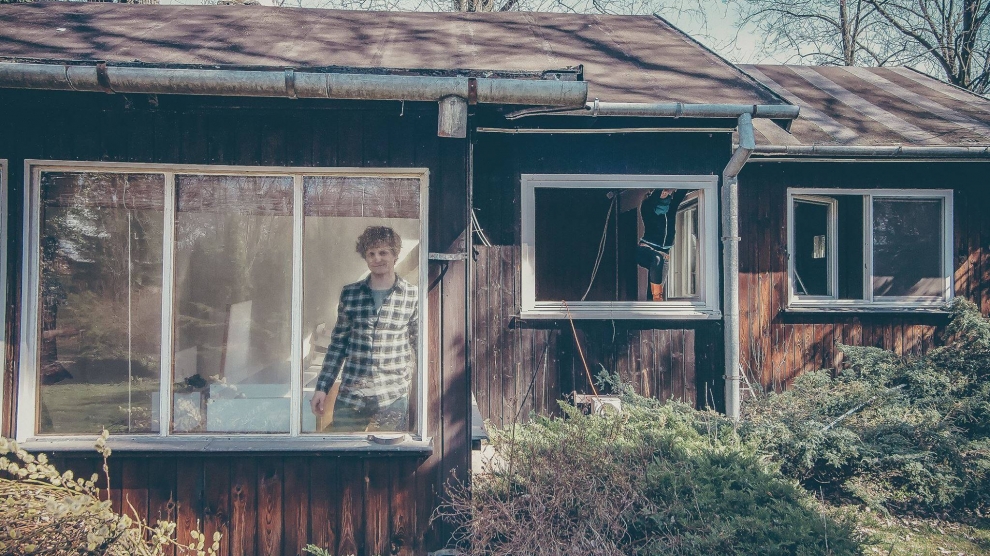
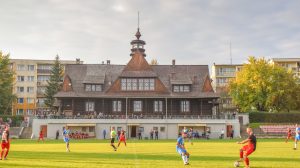
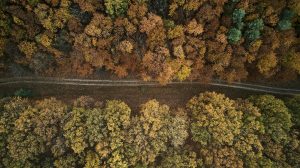
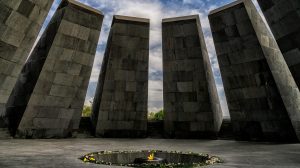
Add Comment